Michael
•June 17, 2025

Dreaming of owning a home or investment property in Dubai? You’re not alone. The city’s reputation as a global hub, tax haven, and luxury lifestyle magnet draws thousands of expats each year. But if you’re buying property in Dubai as an expat, knowing what to expect – and how to do it right – is key to making a smart, stress-free investment.
This updated 2025 guide walks you through each step of the process.
Dubai offers a mix of lifestyle and financial benefits few cities can match:
Whether you’re relocating or investing, Dubai gives you more than just bricks and mortar – it gives you access to a global city.
Absolutely! Since 2002, expats have been legally allowed to buy property in designated freehold zones like:
These areas are fully open to foreign ownership. Outside of them, properties may be offered on a leasehold basis (typically 99 years), which still allows long-term usage but not full title ownership.
You’ll typically find:
You don’t need a residency visa to purchase in Dubai, but it’s helpful for securing mortgages or residency-linked properties.
What you’ll need:
All transactions are regulated by RERA (Real Estate Regulatory Agency), part of the Dubai Land Department (DLD).
Beyond the purchase price, factor in (approximate rates):
Make sure to calculate upfront costs to avoid surprises.
Each area has a distinct vibe. Some of the best for expats include:
Your choice should match your lifestyle, commute, and budget goals.
This step is crucial. A RERA-certified broker:
Use BrokeryHero to get matched with licensed, experienced brokers who specialize in expat clients and your preferred location.
Don’t rush. Look for:
Let your broker help compare options and spot red flags.
If paying cash, funds must be available and verifiable. For mortgages:
Once a property is selected:
The MOU outlines the price, terms, and transfer timeline.
This document is required by the developer to allow ownership transfer. Your broker usually handles the application.
Timeframe: 5–10 days
Cost: AED 500–5,000
This is the final legal step:
Congratulations – you’re now a Dubai property owner!
Let’s face it: doing all of this alone is overwhelming. That’s where BrokeryHero comes in:
Save time, reduce stress, and make smarter choices from the start.
Q1: Can non-residents buy property in Dubai?
Yes! You don’t need residency, just a valid passport.
Q2: Do I need a broker to buy property?
Not legally, but using one protects you and saves time.
Q3: Is off-plan property risky?
Only if you buy from unreliable developers. A good broker helps you avoid this.
Q4: How long does the buying process take?
Typically 30–45 days from MOU to transfer.
Q5: Can property ownership get me a visa?
Yes – property valued over AED 750,000 may qualify you for a residency visa.
Q6: Does BrokeryHero charge buyers?
No. The service is completely free for buyers and investors.
Buying property in Dubai as an expat is an exciting opportunity – but it’s filled with complexity. From regulations to negotiations, every step matters. That’s why smart investors and homeowners rely on expert brokers – and why BrokeryHero exists.
Ready to find your perfect property? Let BrokeryHero match you with the ideal real estate broker in Dubai.
Try it now – it’s fast, free, and personalized.
Disclaimer: This guide is for informational purposes only and does not constitute investment advice. Real estate investments carry inherent risks. Always conduct thorough due diligence and consult with qualified professionals before making investment decisions.
Get the latest articles delivered every week.
By subscribing, you agree to receive blog updates. Unsubscribe anytime.
Feb 19, 2026
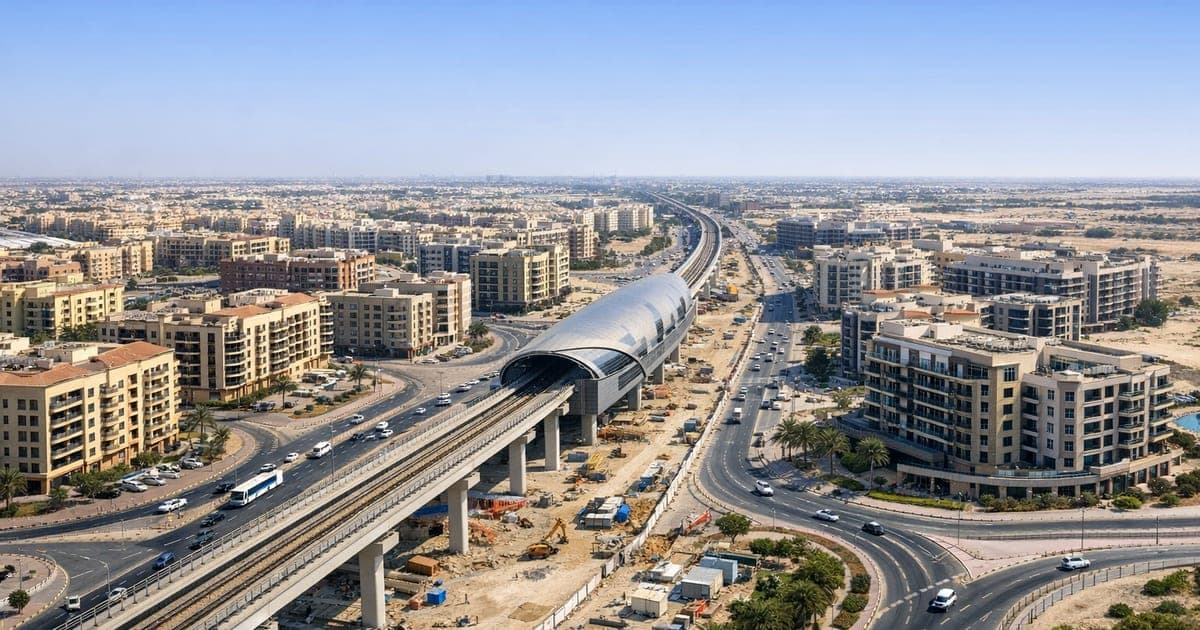
Feb 16, 2026

Feb 12, 2026

Feb 9, 2026

Feb 5, 2026
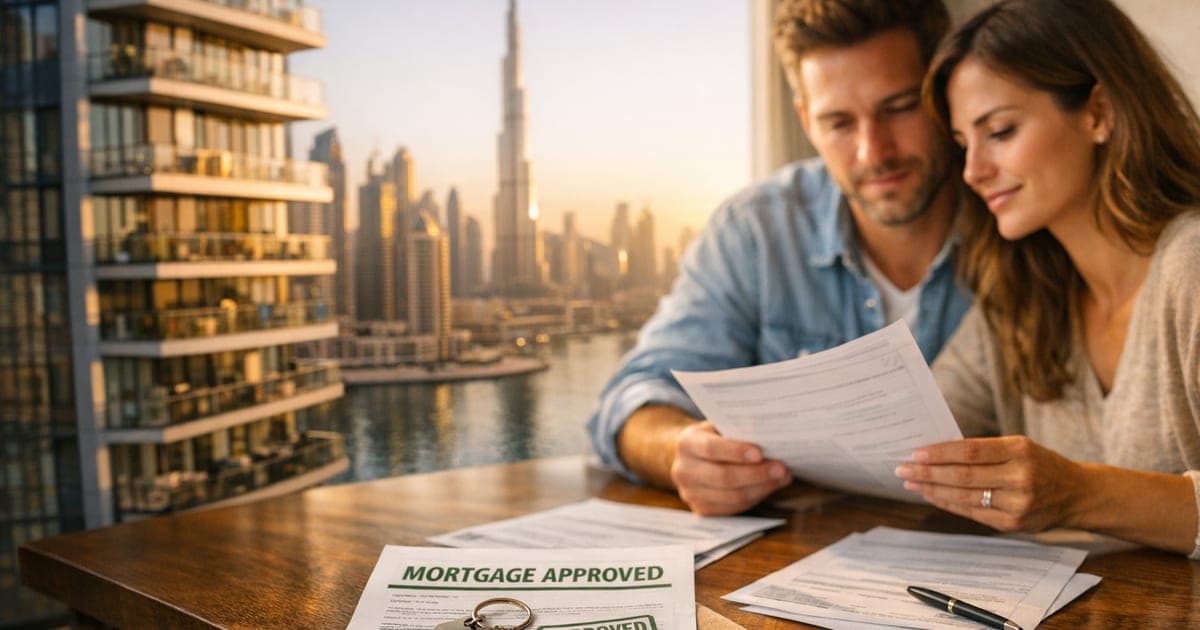
Feb 2, 2026
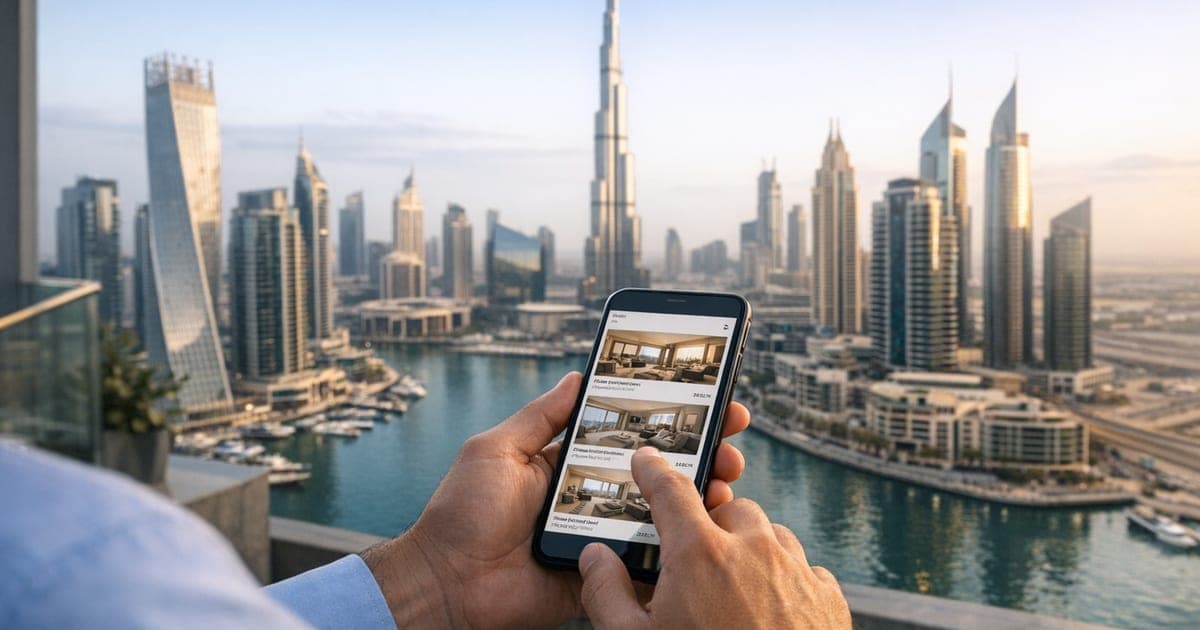
Feb 1, 2026
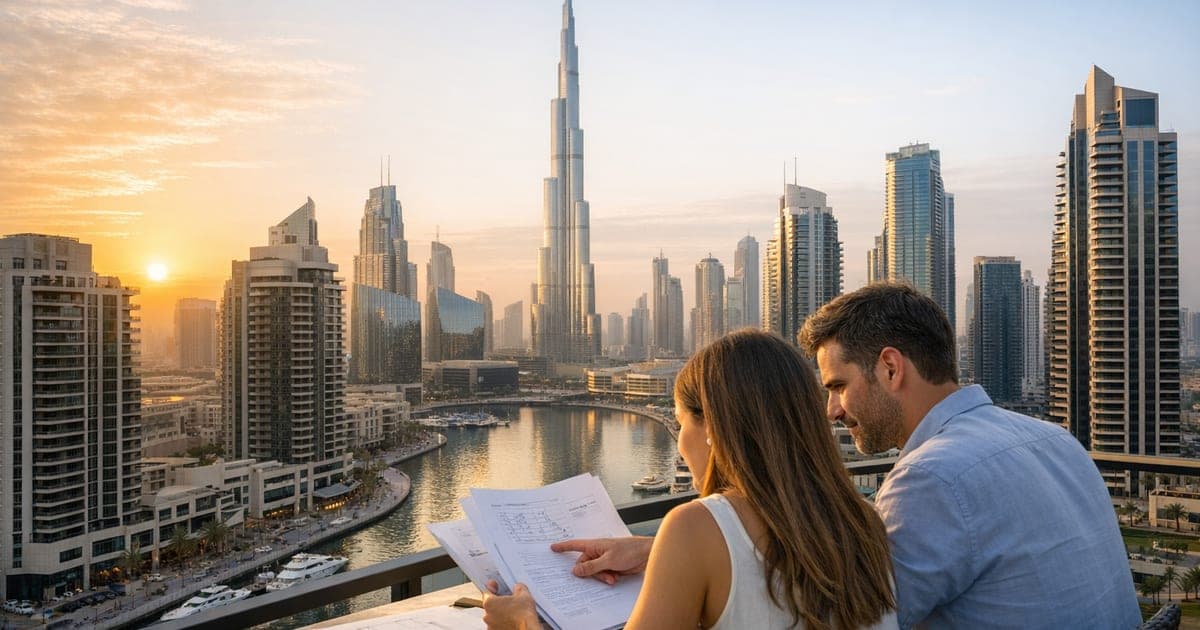
Jan 31, 2026
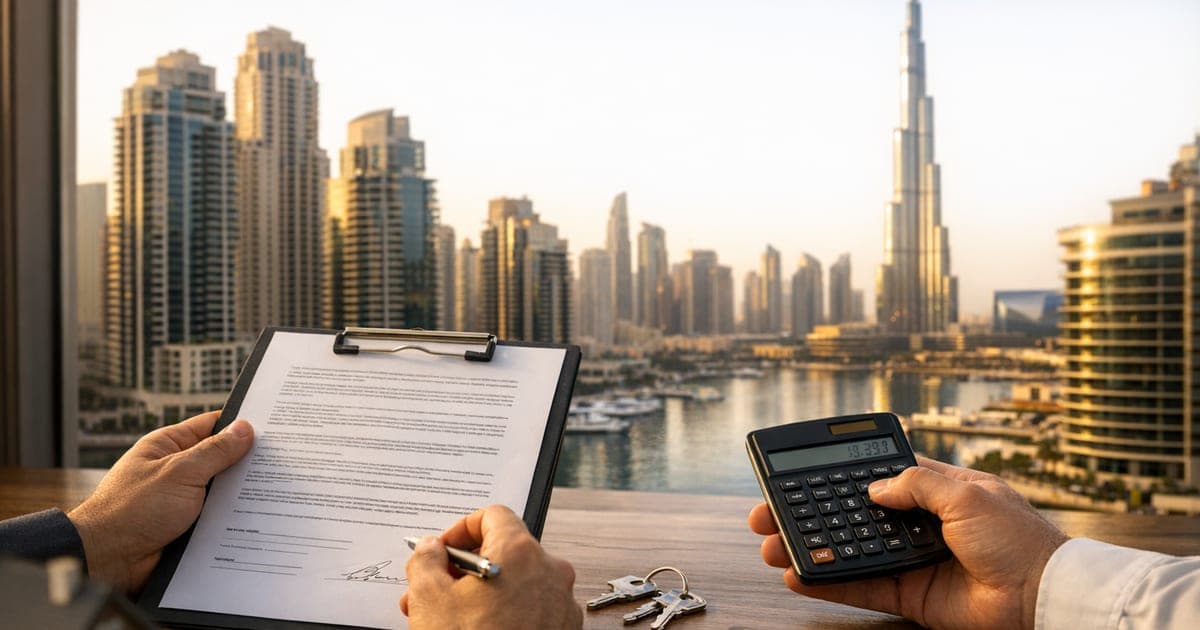
Jan 30, 2026
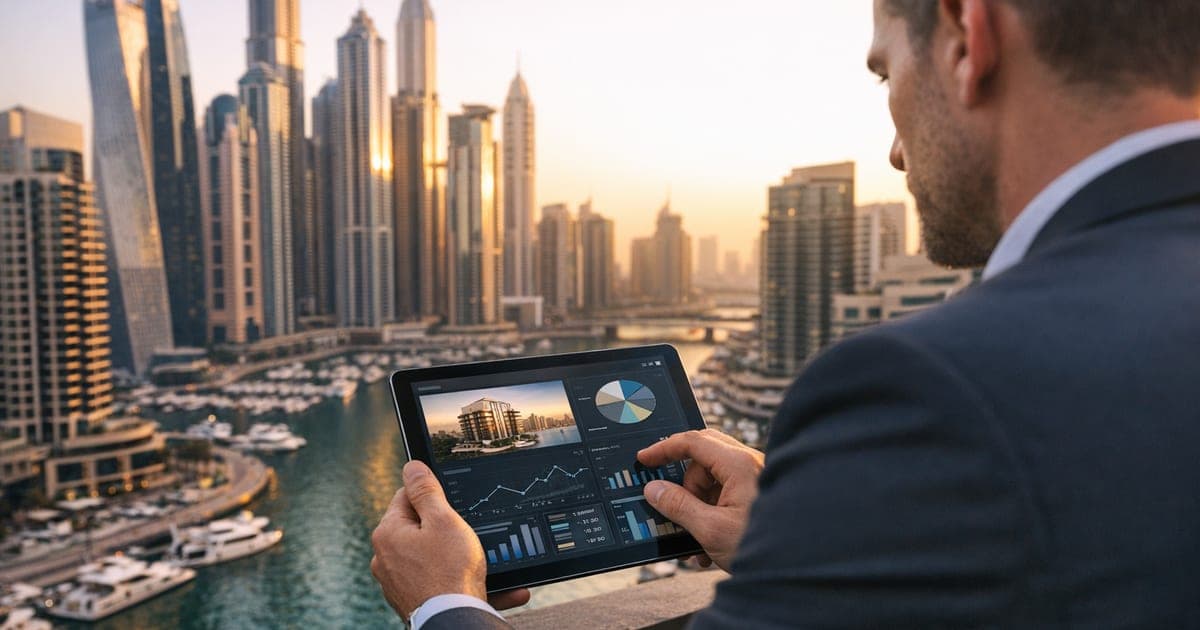
Jan 29, 2026
